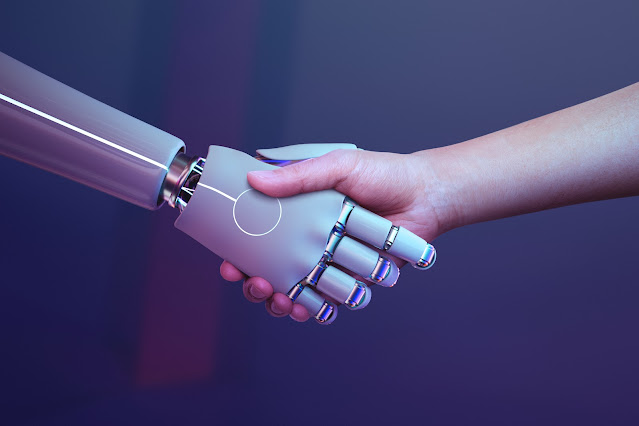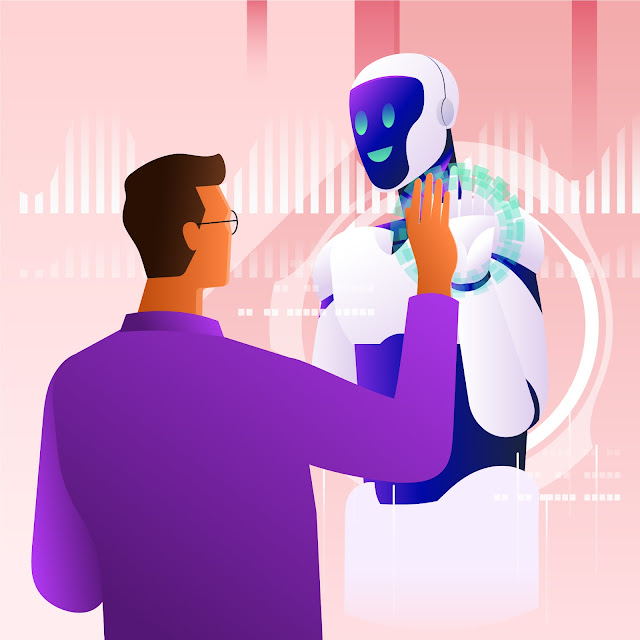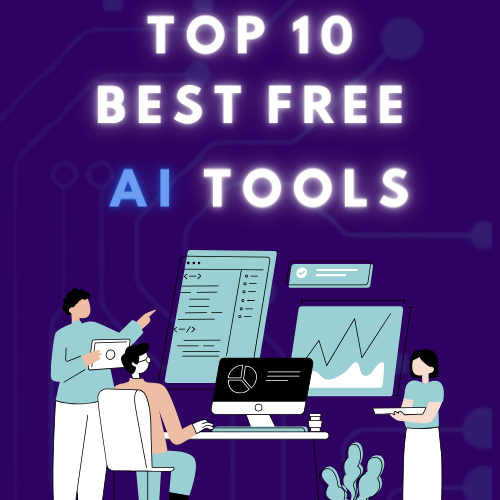Table of contents:
- What is Artificial Intelligence (AI)?
- What is the Definition of Artificial Intelligence (AI)?
- What is Artificial Intelligence (AI) in Virtual Assistance?
- The Rise and Rise of Virtual Assistants in the Market
- The Advantages of (AI) in Virtual Assistants
- The Future of AI in Virtual Assistants
- Career Prospects in the AI Virtual Assistants Field
- The Impact of AI in Virtual Assistance
- Example of AI Virtual Assistant
- Final Thoughts
- FAQs
What is Artificial Intelligence (AI)?
What is the Definition of Artificial Intelligence (AI)?
What is Artificial Intelligence (AI) in Virtual Assistance?
The Evolution of Virtual Assistants:
AI Advancements in Virtual Assistants:
The Rise and Rise of Virtual Assistants in the Market:
The Advantages of (AI) in Virtual Assistants:
The Future of AI in Virtual Assistants:
Career Prospects in the AI Virtual Assistants Field:
Ai Virtual assistant is a Good Career for all prospects. The career prospects in the AI Virtual Assistant field are exceptionally promising, offering a wide array of opportunities for professionals with a passion for cutting-edge technology. As businesses increasingly rely on AI-powered virtual assistants to streamline operations and enhance customer experiences, the demand for skilled individuals in this field continues to soar. Job opportunities range from software developers and data scientists to user experience designers and AI researchers, with roles spanning the development, optimization, and management of virtual assistant platforms. Furthermore, as AI technology continues to advance and virtual assistants become more integral to daily life, the potential for career growth and innovation in this field is virtually limitless.
Jobs Opportunities:
Job opportunities in the AI Virtual Assistant field are abundant and diverse, catering to individuals with a range of skills and expertise. From software developers and data scientists to user experience designers and AI researchers, there is a wide array of roles available across various industries. These roles encompass everything from developing and optimizing virtual assistant platforms to managing and training AI systems.
The Impact of AI on Virtual Assistance:
Example of AI Virtual Assistant:
ChatGPT Open-AI:
Final Thoughts:
FAQs:
- What is AI in simple words?
- Who created AI?
- What is the use of AI?









